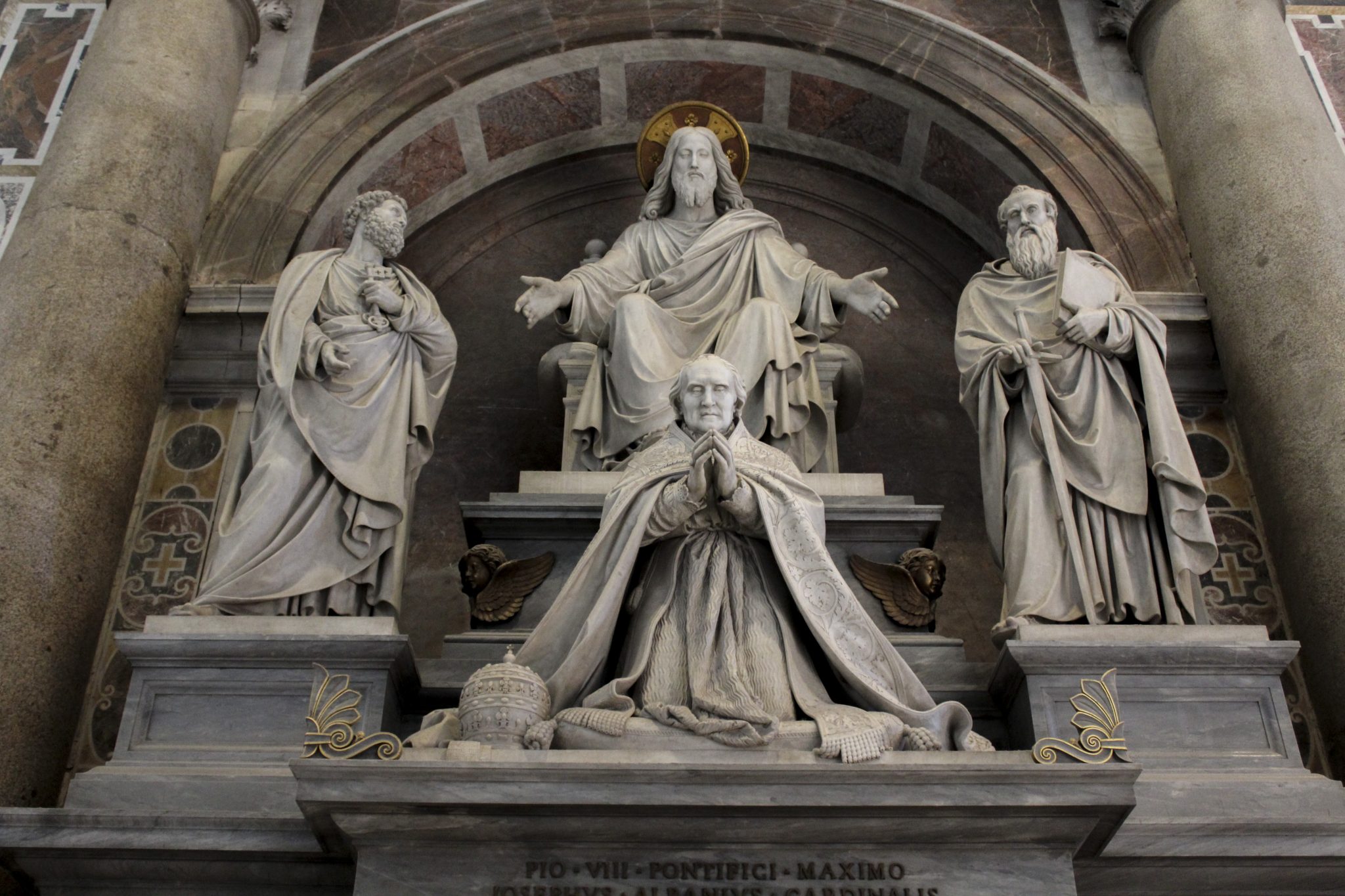Radical religion: Kindness comes from the interpretation


Acceptance and love have are supposed to have always been the cornerstones of my religion.
I went to Catholic school my whole life before attending Wilfrid Laurier University and I honestly believe that I was taught critical thinking and the ability to form an opinion like anyone else.
But I didn’t pick up the messages that Catholic school kids are supposedly spoon-fed from infancy. Strangely enough, I can only think of a handful of my schoolmates who did from the thousands I know.
The Anglican Church, since its roots in 1534 with the infamous divorce between Henry VIII and Catherine of Aragon, has defined much of its policies and practices in opposition to the “former rules” of Christian religions.
A few weeks ago, this was once again proven to be true, as the Anglican Church condemned gay conversion therapy and openly welcomed trans people.
A close-to-home example of a change against conservative roots is the name change of the seminary here on campus. The seminary is respecting its history and simultaneously opening up its doors to a wider range of people.
Despite what you’ve probably been lead to believe, religion is typically nothing like a cult. But just like the stems of Islamaphobia, a small minority of religious fanatics paint the picture of an entire body of religious people.
Of course, in Western society Christians have not faced widespread persecution of the same caliber that other religious groups have. It’s not a direct translation and I’m privileged that my experience has been limited to micro-aggressions as opposed to the full blown discrimination that the Islamic community has faced, for example.
Some of the angriest and most hurtful people I know are religious. So are some of the kindest and most accepting people I have ever met.
And I know that what I believe doesn’t go for everyone either. There are bad Christians. The KKK have Christian roots, Adolf Hitler was a Christian, many acts of hate have been committed in the name of a Christian god.
Some of the most conservative stances on hot-topic issues stem from Christianity – abortion, divorce, LBGTQ+ rights, just to name a few. The argument becomes about what God wants, instead of what people actually need in this world.
These conservative views are certainly not one-size-fits all.
All major religions – from Christianity to Satanism and from Buddhism to Islam – boil down to the same message: love and compassion. What religious people do with that message, as always, relies on interpretation.
Some of the angriest and most hurtful people I know are religious. So are some of the kindest and most accepting people I have ever met.
My friend who gives the best hugs happens to be Muslim. One of the smartest and most thoughtful people I’ve met uses they/them pronouns and wants to me a minister.
My favourite teacher in high school was a history teacher. He taught us evolution, persecution of major religions throughout history and the scientific revolution – and he was a priest.
I’m a queer, loud, outspoken, mentally ill woman who is pro-choice, extremely left-leaning and Catholic. If Christians were really as angry and conservative as they’re “supposed” to be, I’d have been kicked out long ago.
What I’m really trying to get to here is that each and every person has their own moral compass. Blaming a religion for any views that put down and oppress people is so 1517 and I can also give you 95 theses as to why.
For every phrase and passage that could be interpreted with a reason to hate, there are seven more that give a reason to love.
It’s time to face up to each of our own demons instead of putting them on a holy book. The Quran, the Bible, the Vedas – it’s all just words until we apply meaning to them and that meaning should be as pure as it can be.
Religions don’t teach hate; hate is applied to them under the guise of religion. Religious or not, a bigot is a bigot and there no other strings attached.
Maybe I’m wrong, but until judgment day I’ll keep on waiting for he who is without sin to cast the first stone.


